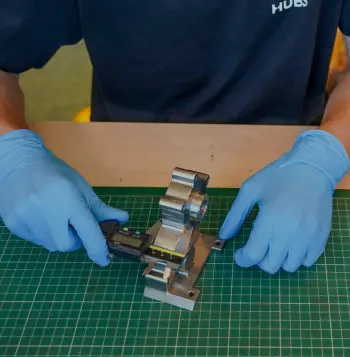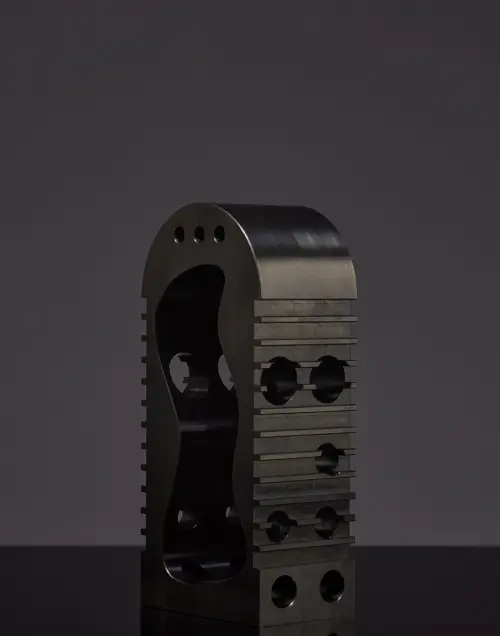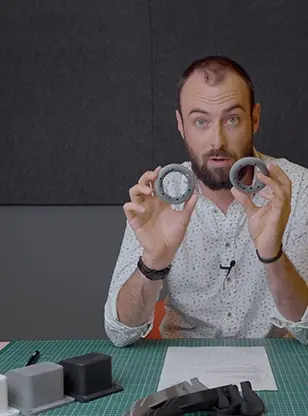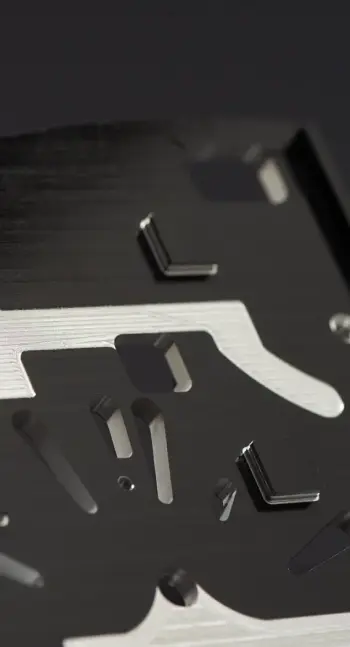What is the product life cycle?
For manufacturers, understanding each phase of the product life cycle is crucial for long-term success by helping ensure they stay agile and responsive to the needs of their clients, or to keep operations running efficiently.
Ideation and concepting
The journey begins with ideation and concepting, where manufacturers make design decisions, as well as select the material and manufacturing process they will use. This stage sets the course for the design and development of new parts or products.
Product development
Once a viable concept is identified, the product development phase takes over. Here, engineers and designers collaborate to perform form, fit and function testing through rapid prototyping. Later, they may conduct pilot runs and market testing to validate a part’s or product’s design.
Introduction and growth
The part or product is introduced to the market, targeting sectors that require it for various applications. Initial sales may be modest as trust is established, but effective marketing and partnerships can spur growth. Demand rises as industries and markets recognize the value of the product or part.
Maturity
The part or product becomes a standard in an industry or market. Sales stabilize, and competition within the market intensifies. Manufacturers focus on process optimization, cost reduction, and incremental improvements to maintain market share.
End of product life
Parts or products will always reach an end of life phase due to technological advancements or shifting industry requirements. During this phase, manufacturers make decisions regarding product discontinuation, management of remaining inventory, and support for existing installations.
New product introduction
To remain competitive, manufacturers continually innovate by introducing new – or improved – products or parts. This phase involves identifying emerging industry trends, then improving on an existing design or creating a new one, thus restarting the product life cycle.
Better parts faster with us and Protolabs
Find out more about how our network and Protolabs are working together to bring customers the world’s most comprehensive digital manufacturing solution.








